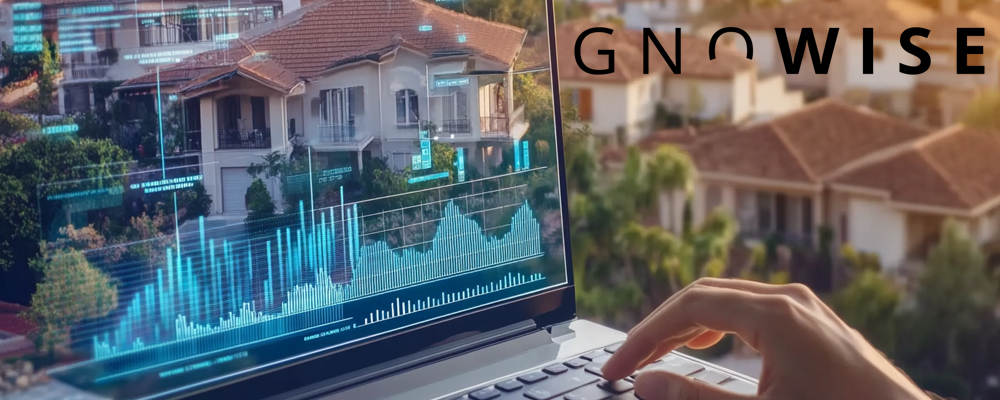Related Articles

5 Must-Have AI for Home Features for Families in 2025
AI for home technology is no longer a luxury – it’s a necessity for modern families. By 2025, intelligent systems will... Read more

The Evolution of Property Valuation: How AI is Revolutionizing Real Estate
In the ever-changing landscape of real estate, accurate property valuation has become more crucial than ever. As we step into... Read more

Smart Contracts and Blockchain: Revolutionizing the Real Estate Industry
Real estate blockchain technology, particularly smart contracts, is poised to revolutionize the property market by introducing unprecedented levels of efficiency,... Read more

